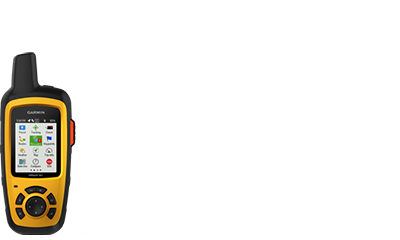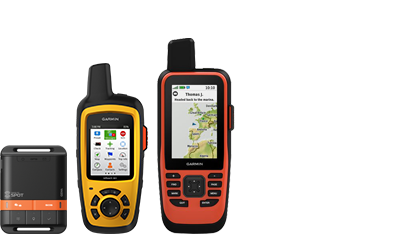Case Studies | Worker Safety
Queensland Health
The unique security and safety challenges of working in remote and isolated locations.
The Challenge
The issue of occupational violence in health environments is a serious issue with the potential for tragic outcomes; and one which is impacting on health workers and paramedics nationally and internationally.
The Solution
Pivotel, as the Queensland Health provider of satellite communication devices was engaged to conduct a trial of mobile satellite devices and its Tracertrak portal in remote regions, allowing staff to report their movements and raise alarms when necessary, and for management to monitor their whereabouts.


“One of the positives from the workshops was that there was no reluctance of staff to use the device due to it being perceived as a work monitoring tool rather than a safety tool. ”
Todd White, Principal Adviser Risk Management Safety and Wellbeing, Queensland Health
The Organisational Challenge
The safety of Remote Area Nurses was highlighted as a critical issue by the terrible death of Gayle Woodford, an on-call nurse who was raped and murdered in the outback town of Fregon, in the north-west corner of SA, in 2016.
Queensland Health convened a task force to tackle the problem of occupational violence, surveyed staff and identified the need for better communication systems to improve safety. Remote Area Nurses are often called out in the middle of the night and are regularly confronting situations where violence, drugs and alcohol and mental illness contribute to high-risk scenarios.
“They were definitely driving long distances without GSM coverage. Coping mechanisms for were very rudimentary – waiting on the side of the road for help, waiting for someone to turn up,” says Todd White, Principal Adviser Risk Management, Safety and Wellbeing, at Queensland Health. Reliable communication at all times was identified as a clear need to improve staff safety.
“The results came back with some of the challenges faced and were progressed through the Occupational Violence Implementation Committee that had been tasked with implementing the recommendations from the taskforce. From this we identified the benefits of running a small trial of the satellite communication devices, to see if they held a place in helping prevent a similar incident in South Australia that tragically cost Gayle Woodford her life,” says Todd.
The Organisational Solution
Pivotel was engaged to provide a range of satellite devices – SPOT Gen 3 messengers, inReach messengers, and SatSleeves to convert mobile phones to satellite devices - and the Tracertrak portal to monitor all devices. Pivotel also assisted with staff training and the development of systems to promote staff uptake and a safety culture.
“We came up with a process model to use the devices and assisted the development of local processes and procedures,” says Todd. “We did a lot of training, a lot of on the ground, hands-on stuff getting them able to use the devices. Everyone understood how important safety was.”
The trial was conducted in remote areas such as Saibai Island in the Torres Strait, Weipa, Cooktown, Mt Isa, Charleville and Roma, where GSM coverage is limited. The Tracertrak portal proved ideal for monitoring staff across such a wide area. “Having one portal for all devices meant they only had to learn and administer one platform. The platform is very intuitive and quite easy to learn,” says Todd.
The Outcome
Trials have only recently been completed and a report on the results is still being finalised, but initial feedback has been positive.
“We did a survey at the end of the trial and the results of the survey were very encouraging, across the board,” says Todd. “Some areas were discussing the benefits of letting staff in the remote and isolated areas use their SPOT Gen3 even when they weren’t at work just to embed that safety culture. The devices worked as expected in the trials. Our issue was trying to embed the safety culture into everyday work, not to increase workload but to support current work practices.”
In response to these concerns, Pivotel designed a maintenance schedule and provided on-call technical support throughout the trial. Pivotel also partnered with an external company to provide monitoring services. A report is being prepared and will be presented to Queensland Health Occupational Violence Implementation Committee shortly. “The results will be published very soon,” says Todd, but important lessons have already been learned. “We helped identify the tools that can be used to help mitigate risk … We’ve identified the need and the benefit from the satellite devices to try and prevent further incidents like what happened in South Australia and to help Hospital and Health Services have access to that technology.”
The Hardware

inReach SE+
Two-way satellite communications with SOS on Tracertrak.

Tracertrak Worker Safety
Pivotel’s Tracertrak worker safety solution allows you to address your duty of care and keep workers safe.
Ask a question
Do you want to know more about a Pivotel service plan, product or solution?
Ask our friendly Customer Care team here.
Find your local Pivotel Dealer
Did you know that we have a nationwide dealer network of over 160 dealers?
Find your local Pivotel critical communications expert here.